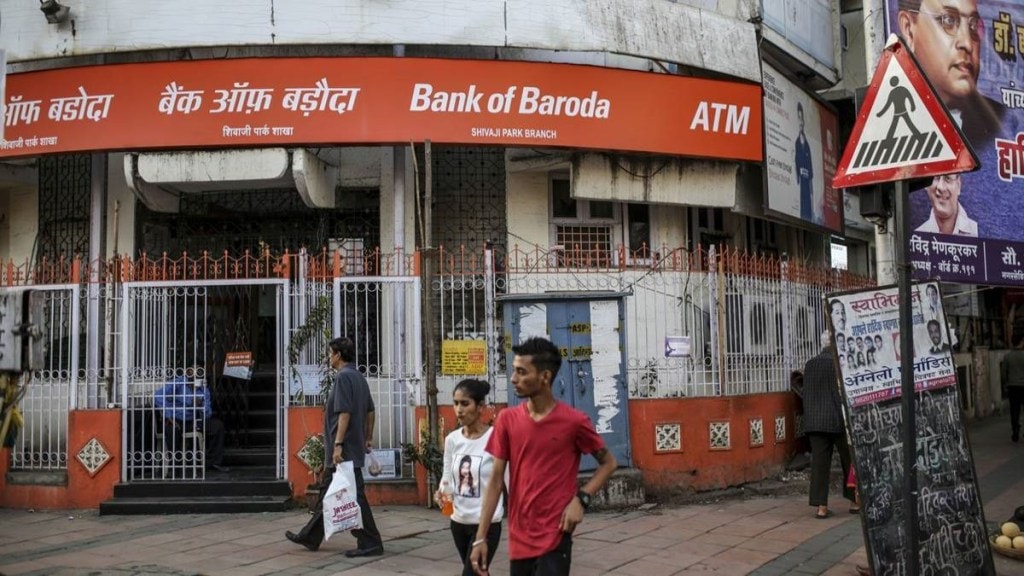The Reserve Bank of India’s decision to stop Bank of Baroda (BoB) from onboarding new customers onto `bob World’, the lender’s mobile banking application, is yet another example of how corporate governance at some of India’s largest banks needs large-scale improvement. While initiating action under Section 35 of the Banking Regulation Act, the central bank had observed “certain material supervisory concerns” in onboarding of customers.
Three months earlier, news agency Al Jazeera had reported, citing whistleblowers that the bank had linked mobile numbers of strangers to boost registrations on the application, compromising security—a charge BoB had dismissed. Section 35 is imposed when the central bank believes that it is doing so in public interest or in the interest of banking policy, or to prevent the bank from conducting affairs detrimental to depositors or prejudicial to the interest of the bank or to secure proper management of the bank. In the past, the RBI had asked HDFC Bank to halt all launches of its digital business generating activities under its programme Digital 2.0 and stop issuing credit cards to new customers. However, it was primarily due to several incidents of outages in internet banking, mobile banking and payment systems. The curbs were lifted after almost 15 months.
In its earnings conference last week, BoB claimed to have taken action by terminating the services of chief digital officer Akhil Handa, besides suspending several general managers and assistant general managers. The bank also said it was investigating the role being played by business correspondents . However, Handa contradicted the bank’s claim by saying he had resigned in August itself—a few weeks after the initial report. The point, however, is that while individual retribution looks good on paper, the systemic failure within the bank needs to be addressed. As the Al Jazeera report revealed, employees of the bank were under tremendous pressure to onboard customers. They reportedly bought SIM cards and registered even daily wage workers by using these numbers. Since these daily wagers did not have smart phones, the app was downloaded by employees on their own mobiles. The point is that there is tremendous pressure on bank managers to sell products by hook or crook. Even the old and poor have lost their life’s savings due to such mis-selling, especially in case of insurance products which are often sold as fixed deposit or equity products. Police cases were filed against top bankers for the same. But, there has been little change.
The pressure to meet targets for bankers was clearly evident in a recent video, which showed an HDFC Bank senior vice-president using strong language against executives for not being able to do so. Other videos are going around on social media exposing similar behaviour in other banks/financial sector institutions as well. Banks often suspend/terminate so-called erring employees after such incidents come to light, but the fact remains that the pressure to deliver somehow comes from the bank managements itself. In their quest to show high margins, profitability and other parameters every single quarter, bank employees are often given unrealistic targets, leading to delinquent action. The question to ask is how a few employees of BoB could get away for so long after doing such large scale fudging of numbers. It doesn’t reflect well on the supervisory mechanism of the bank. The control system at India’s second largest government-owned bank by assets is in need of a makeover.
